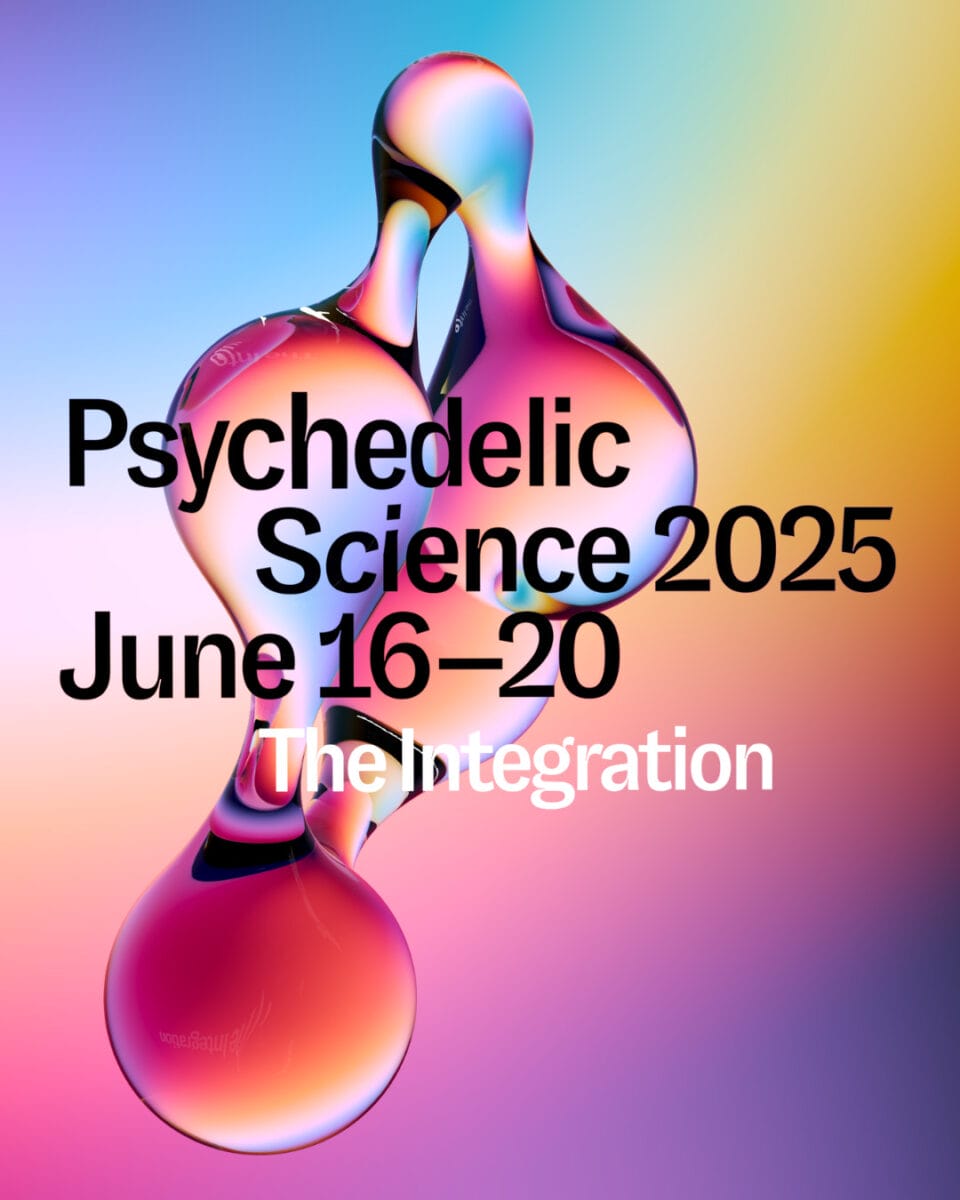On June 16, 2025, thousands of researchers, clinicians, therapists, policymakers, and advocates will converge in Denver, Colorado, for Psychedelic Science 2025: The Integration, the world’s most important gathering focused on psychedelic medicine and research. Hosted by the Multidisciplinary Association for Psychedelic Studies (MAPS), this year’s theme—“The Integration”—is both a guiding principle and a rallying cry: to unite the diverse domains of psychedelic inquiry and experience into a coherent, impactful movement for healing and transformation.
For mental health practitioners, PS2025 offers an unparalleled opportunity to stay at the forefront of psychedelic-assisted care. Luminaries like the creator of Internal Family Systems, Dick Schwartz, will be leading workshops integrating traditional therapeutic modalities with psychedelic-assisted ones. With Denver coming online with state-sanctioned therapeutic centers offering psilocybin for treatment, there is no better time or place for this conference. As these therapies move from trials into mainstream clinical practice, practitioners are able to enter a new era of evidence-based treatment and responsibility. With keynotes, panels, and immersive sessions covering therapy models, integration strategies, ethics, training, and cultural competency, PS2025 is a must-attend event for anyone delivering or preparing to deliver psychedelic-assisted therapy.
Spanning five days—June 16 to 20—PS2025 begins with two days of workshops, the uniquely psychedelic film festival Cinematheque, followed by three days of keynotes, panels, and data-driven presentations across 14 tracks. The Therapy, Trials, and Studies tracks will serve as hubs for practitioners seeking clinical insight and peer-reviewed data.
Sessions in the Therapy Track will explore the nuances of ethical psychedelic care—from dual roles and boundaries to trauma-informed frameworks and consent models. Speakers like Joseph McCowan will emphasize culturally competent approaches that avoid retraumatization and expand access to underserved populations.
The Trials Track will provide updates on Phase 2 and 3 research, including psilocybin for MDD, and MDMA for PTSD. With new scrutiny on trial protocols and FDA pathways, practitioners will gain clarity on what constitutes safe, legal, and effective treatment as this space matures.
The Black Liberation Track, led by thought leaders such as Dr. Darron Smith and Charlotte James, centers on psychedelic healing in the context of systemic oppression and generational trauma. These sessions will address how practitioners can offer culturally responsive care, build trust in marginalized communities, and decolonize therapeutic practices.
Meanwhile, the Veterans Track will highlight the use of psychedelics in treating PTSD, moral injury, and chronic pain. Veteran advocates like Jesse Gould of Heroic Hearts Project and Dr. Bob Koffman, a retired Navy psychiatrist, will speak to the unique clinical considerations of working with military and first responder populations, and the protocols needed to support their long-term healing.
MAPS founder Rick Doblin’s curated “Doblin Track” provides a 30-year arc of context for today’s practitioner: how we got here, what’s next, and how to build a future of care rooted in both science and wisdom traditions.
Practitioners will also benefit from sessions in the Policy Track, which unpacks how changing state and federal regulations affect clinical access, credentialing, and insurance.
For practitioners stepping into this next chapter of care, Psychedelic Science 2025 isn’t just a conference—it’s a catalyst for evolution in practice, connection, and purpose.
We hope that you’ll join us in Denver this June. Use promo code PSYT15 for 15% off registration on all conference passes, including our Practitioner Pass.
Learn more and register by visiting psychedelicscience.org.


